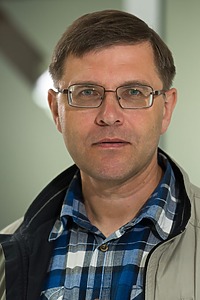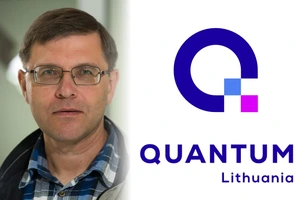The Lithuanian Quantum Technology Association (LKTA) has announced the appointment of Dr. Šarūnas Meškinis as its new head. Dr. Meškinis, a respected physicist and chief research fellow at the Institute of Materials Science at Kaunas University of Technology, will succeed Vita Markevičiūtė.
Gytis Umantas, President of the LKTA, thanked the outgoing head, Vita Markevičiūtė, for her significant contributions, which included approving the association’s strategy and launching the first Nordic-Baltic quantathon. Umantas expressed confidence that Dr. Meškinis will effectively continue these initiatives.
Highlighting his active role in cutting-edge research, Dr. Meškinis is also the principal investigator for a new project titled “Towards Single-Photon Detection at Room Temperature: A Graphene Phototransistor with Photogating and Electron Multiplication,” funded by the Lithuanian Research Council. Running until August 2027, the project aims to develop a novel graphene-based photodetector. This innovative technology seeks to overcome the major limitations of current detectors, such as the need for cryogenic cooling or issues with efficiency and noise, by enabling highly sensitive photon detection at room temperature. The research focuses on a scalable fabrication process, marking a significant potential advancement in quantum photodetection.



